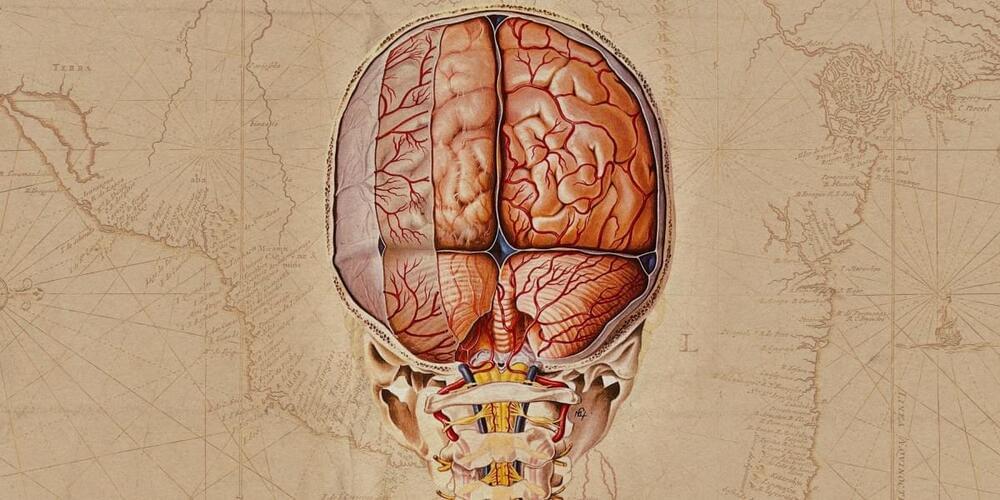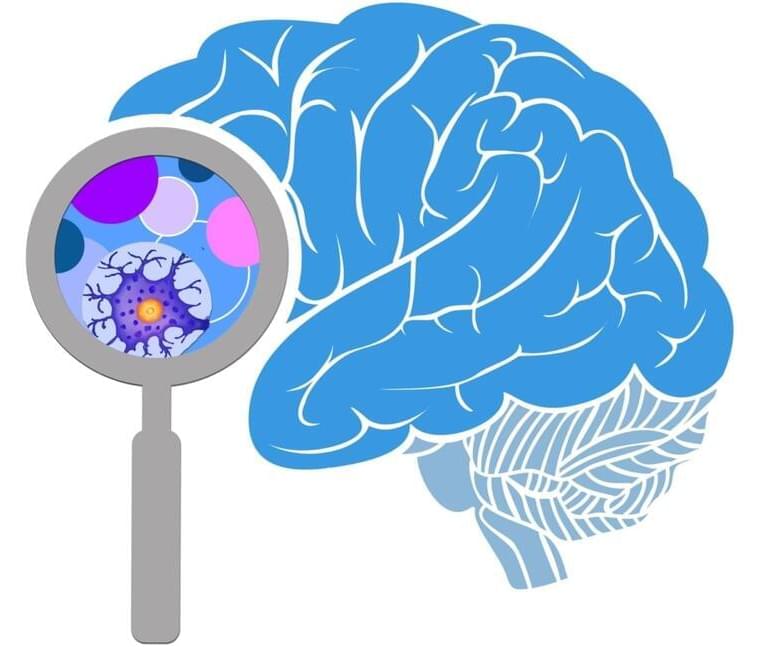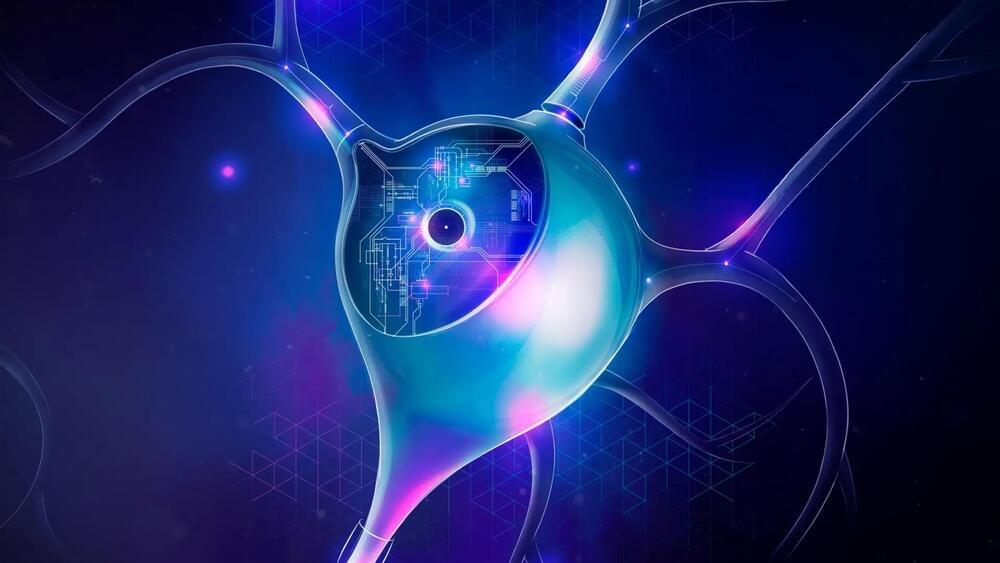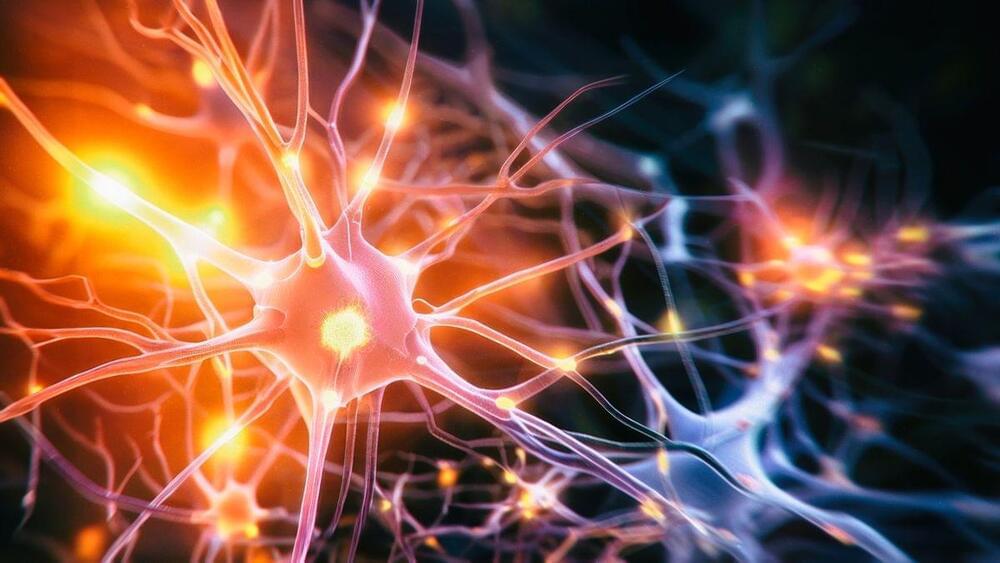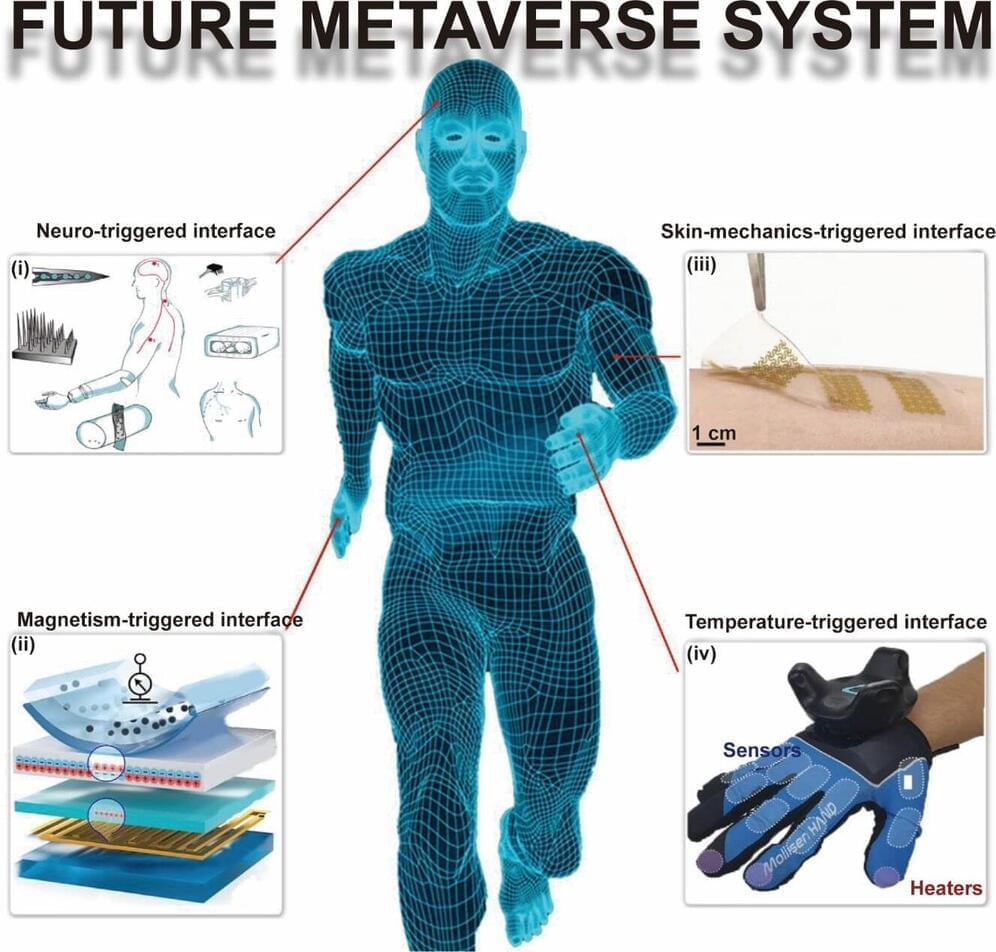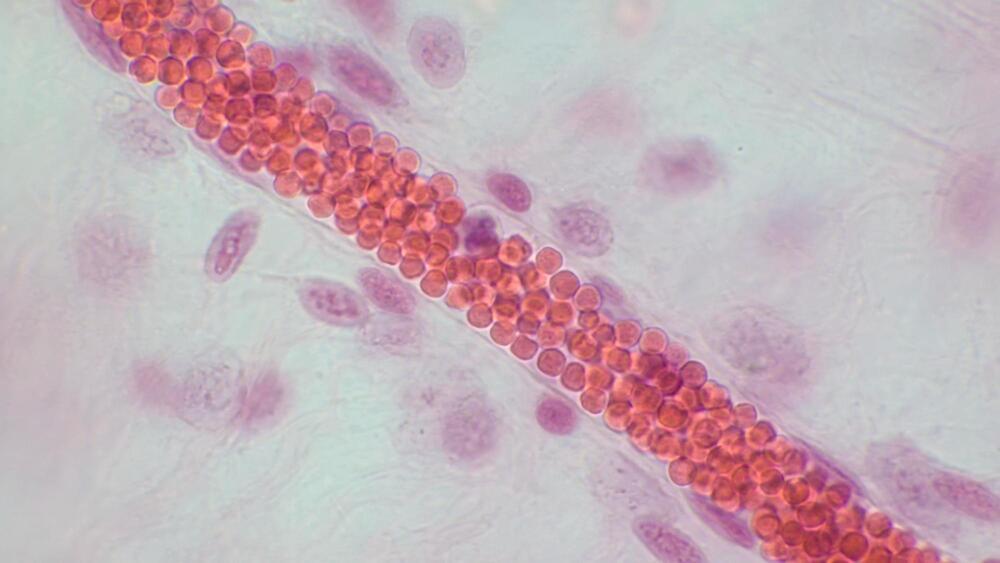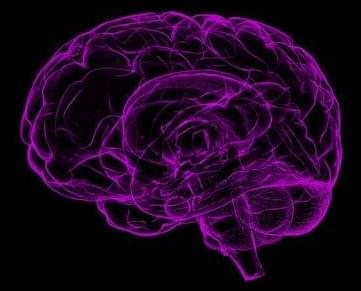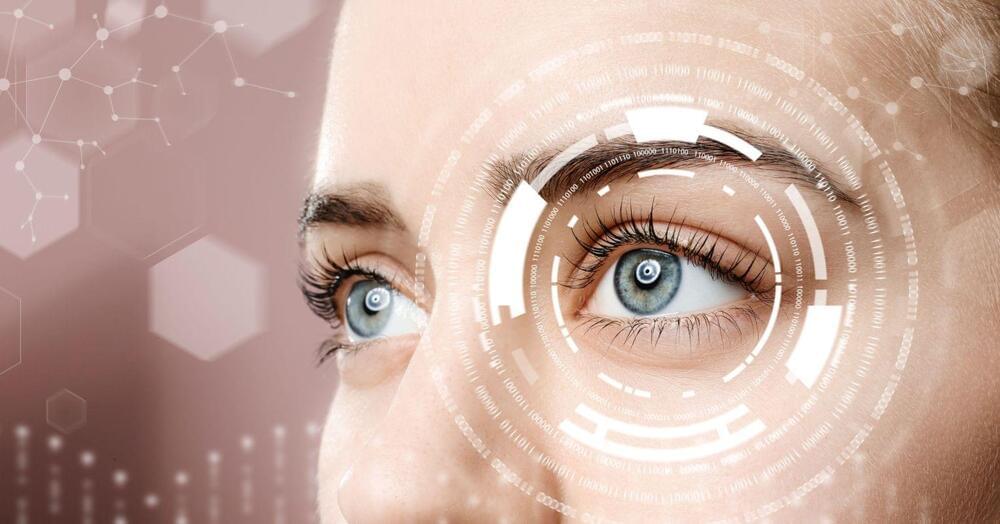So many ways. But one crucial use is to help understand the basis of brain diseases. A reference human brain atlas that describes a normal or neurotypical brain could help researchers understand depression or schizophrenia or many other kinds of diseases, Lein says. Take Alzheimer’s as an example. You could apply these same methods to characterize the brains of people with differing levels of severity of Alzheimer’s, and then compare those brain maps with the reference atlas. “And now you can start to ask questions like, ‘Are certain kinds of cells vulnerable in disease, or are certain kinds of cells causal,” Lein says. (He’s part of a team that’s already working on this.) Rather than investigating plaques and tangles, researchers can ask questions about “very specific kinds of neurons that are the real circuit elements that are likely to be perturbed and have functional consequences,” he says.
What’s the next step?
Better resolution. “The next phase is really moving into very comprehensive coverage of the human and non-human primate brain in adults and development.” In fact, that work has already begun with the BRAIN Initiative Cell Atlas Network, a five-year, $500 million project. The aim is to generate a complete reference atlas of cell types in the human brain across the lifespan, and also to map cell interactions that underlie a wide range of brain disorders.
